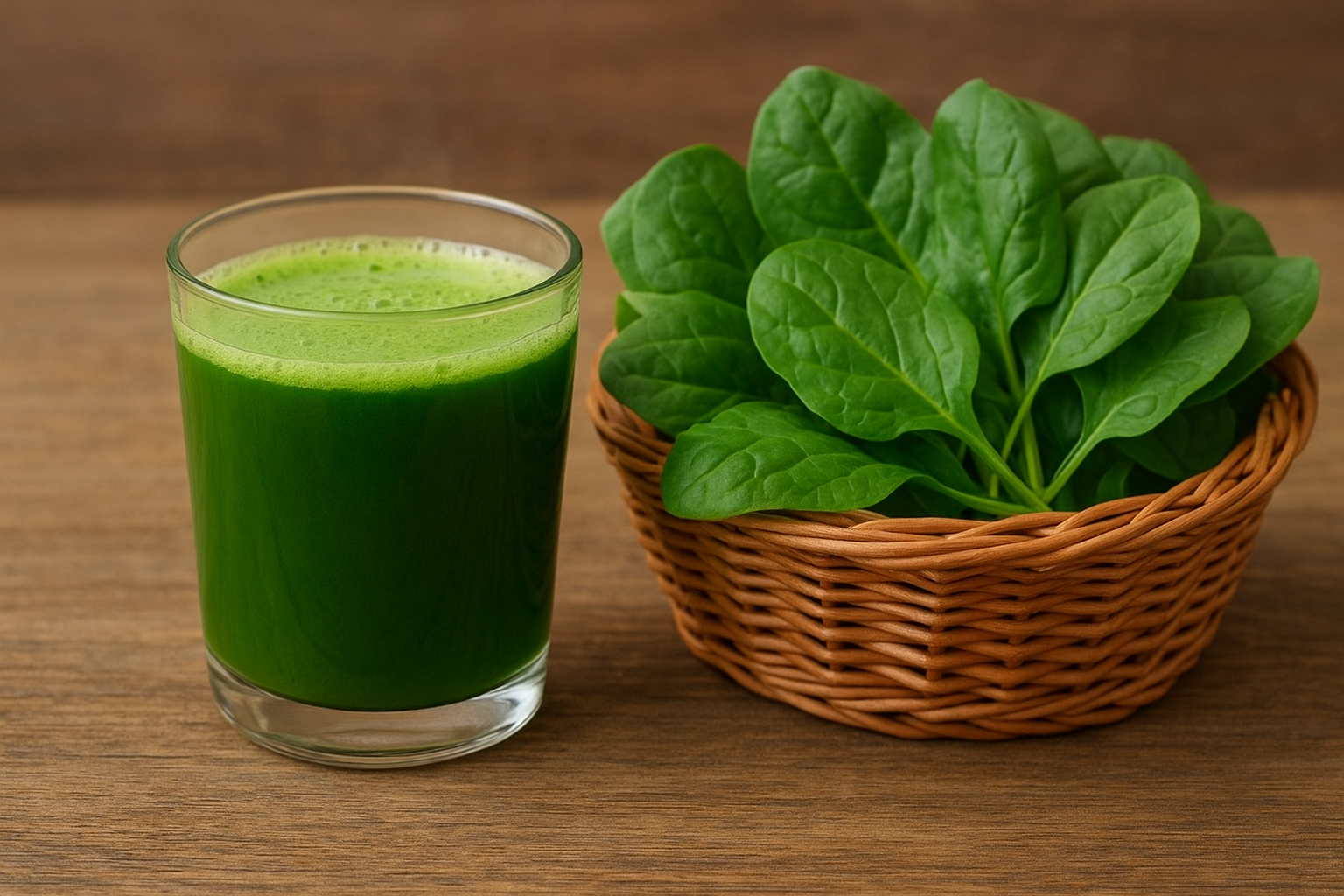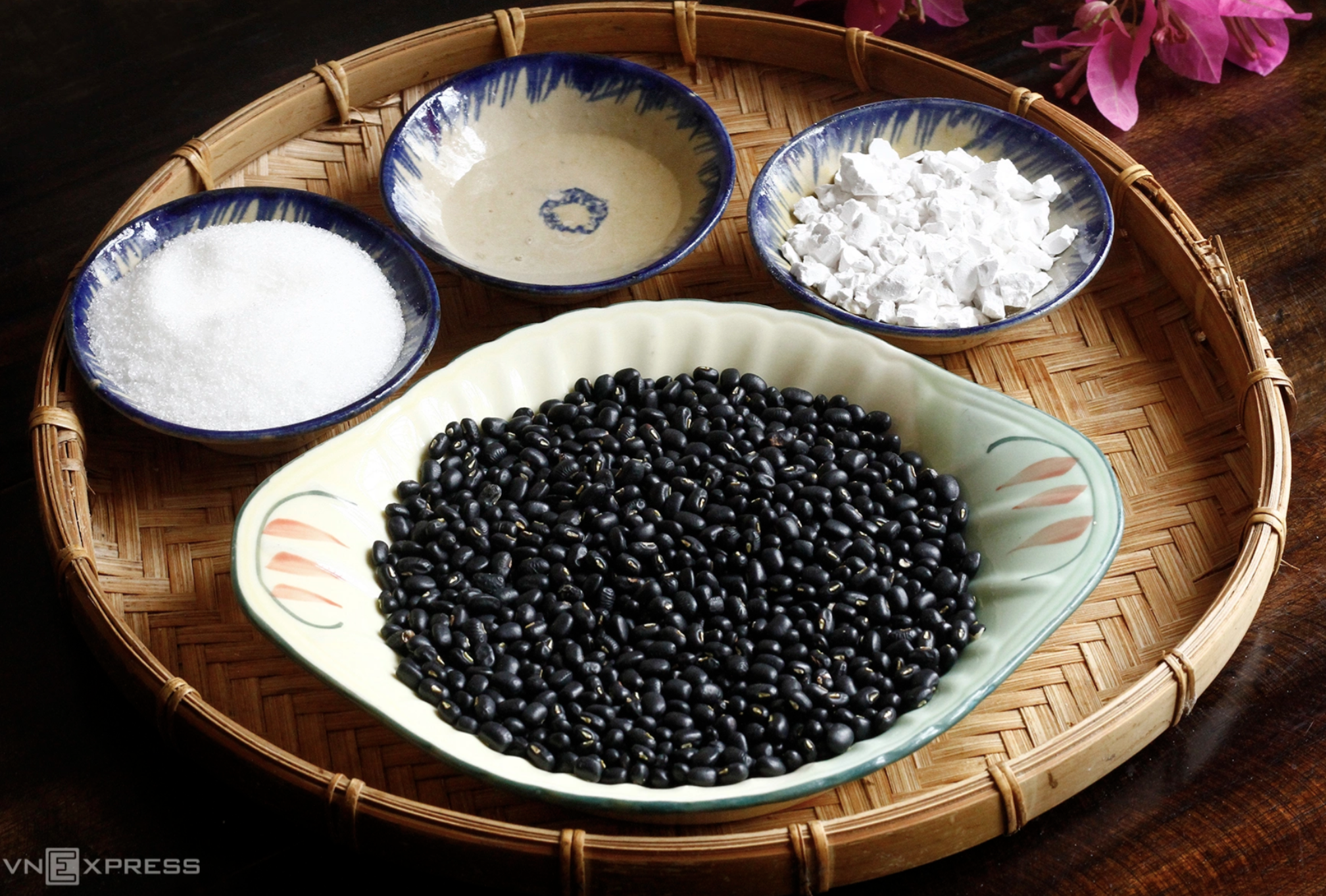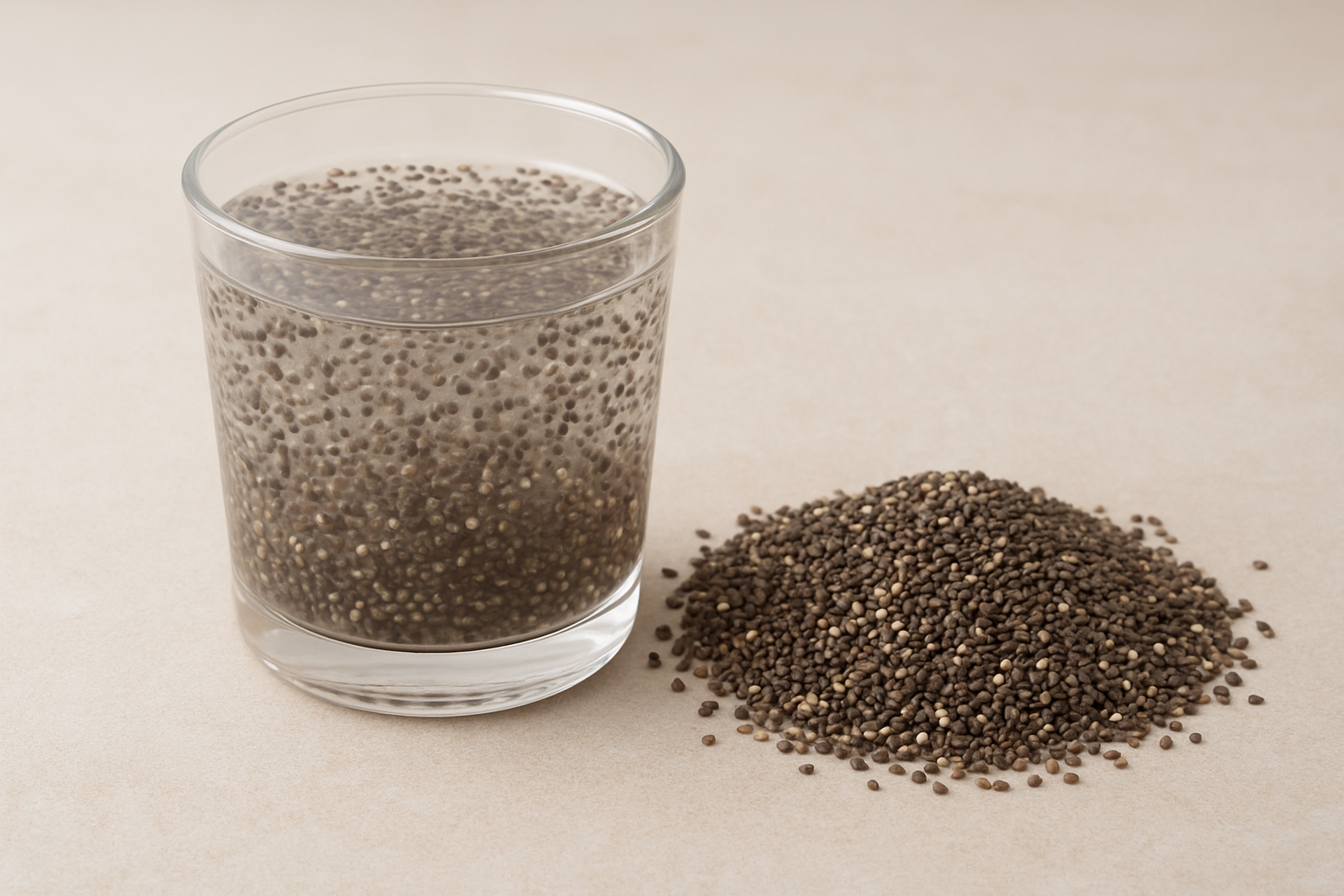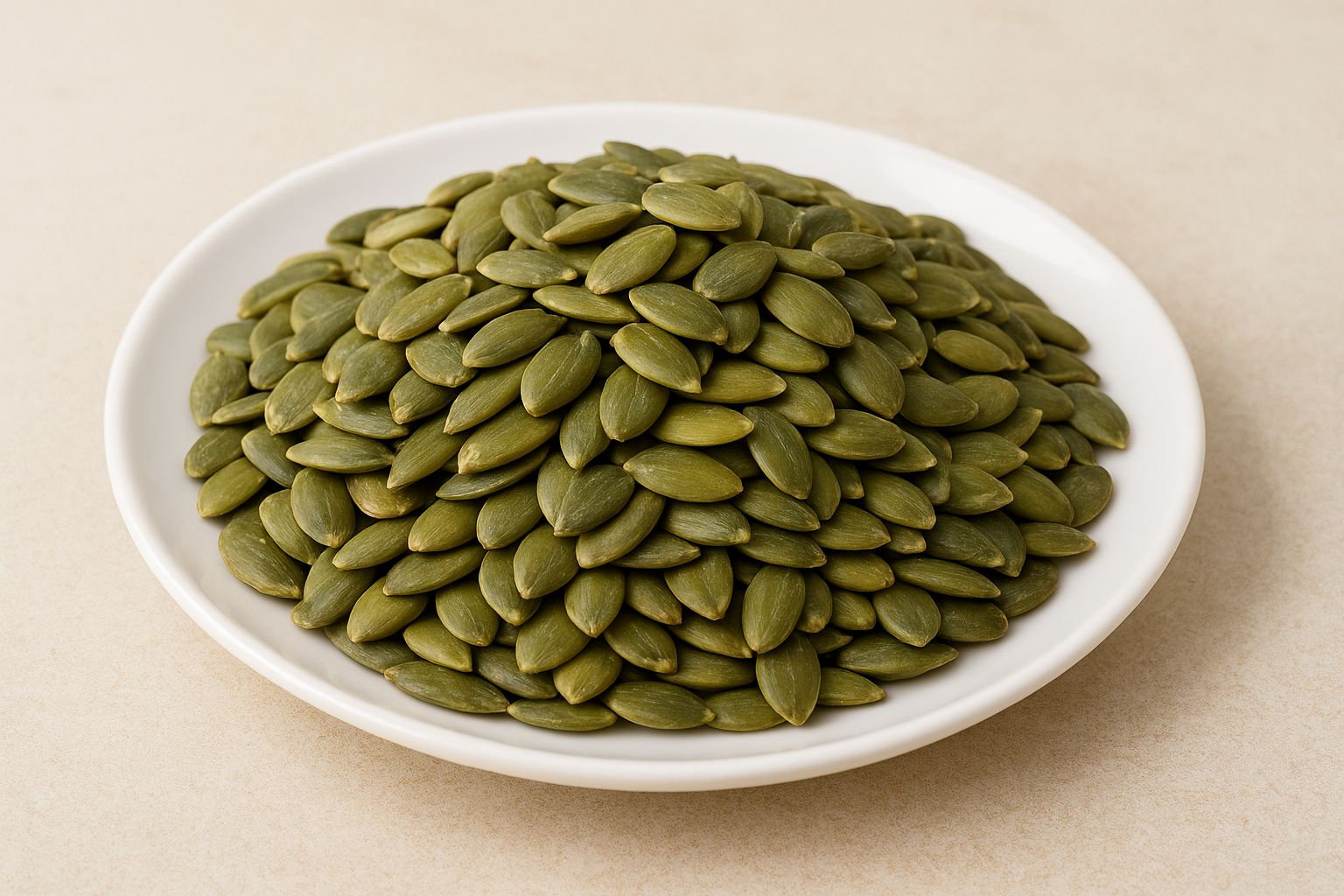 |
Spinach
Spinach is rich in magnesium, which contributes to reducing the risk of heart disease and type 2 diabetes. Since magnesium is water-soluble, overcooking spinach can deplete this mineral. Steaming or lightly stir-frying are better cooking methods to retain most of the nutrients.
 |
Tofu
100g of tofu contains 30mg of magnesium and is also rich in calcium and protein. Magnesium from tofu supports bone strength, muscle recovery, and cardiovascular health. Tofu is affordable, versatile, and commonly used in family meals, easily incorporated into stews, stir-fries, or steamed dishes.
 |
Black beans
Black beans are one of the richest sources of magnesium among legumes. 100g of black beans contains 70mg of magnesium. The magnesium in black beans helps improve bone health and regulate blood sugar levels. Soaking black beans overnight improves mineral absorption. They can be used in sweet soups, curries, or salads.
 |
Chia seeds
100g of chia seeds contains approximately 335mg of magnesium. Consuming chia seeds daily can reduce cardiovascular issues and support healthy blood sugar levels. Soaking chia seeds in water before consumption improves digestion and enhances mineral absorption.
 |
Pumpkin seeds
Among vegetarian foods, pumpkin seeds are abundant in magnesium, with 100g containing 263mg. Magnesium from pumpkin seeds can improve mood, reduce anxiety, and effectively control blood pressure. While raw pumpkin seeds are beneficial, roasting them enhances their flavor and crispness. They can be added to salads, smoothies, or yogurt.
Le Nguyen (According to Times of India)
Photos: Bui Thuy, AI












